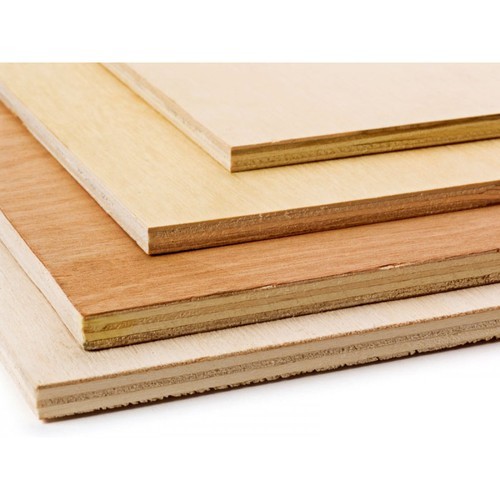Project Report For Plywood Manufacturing Plant
Introduction
Project report for Plywood Manufacturing Plant is as follows.
Plywood is a well-known multi-purpose engineered wood-based panel product that is often utilised in Canadian building projects. Plywood is a composite material made of resin and wood fibre sheets that is supplied in panels. A typical plywood panel features higher-grade face veneers than core veneers.
The core layers’ purpose is to improve the spacing between the outer layers, which are subjected to the greatest bending stresses, hence increasing resistance to bending forces. Plywood panels are constructed from many layers or plies of softwood veneer bonded together perpendicular to the grain direction of the next layers.
Project Report Sample On
Plywood Manufacturing Plant
Get Completely Custom Bankable Project Report
These cross-laminated wood veneer sheets are adhered together using a waterproof phenol-formaldehyde resin adhesive and cured with heat and pressure. Plywood is often created in British Columbia from softwood species such as Douglas-fir or spruce, pine, and fir (together referred to as Canadian softwood plywood.
The most often used dimension is 4 feet 8 feet. Plywood is available in a variety of thicknesses, the most common being 12 inches. Plywood comes in a number of grades, from smooth, natural surfaces appropriate for finishing work to more affordable unsanded grades used for sheathing. BC manufacturers offer a variety of plywood products for structural and non-structural applications that are suitable for wet and dry service conditions.

These products include subflooring, single-layer flooring, wall, roof, and floor sheathing, structural insulated panels, and webs of wood I-joists. Plywood, when used as external wall and roof sheathing, can withstand lateral pressures such as wind and earthquake loads and is an important part of the building envelope.
It is suitable for structural sheathing as well as finish cladding. Speciality plywoods are available in a wide variety of patterns and textures for external cladding applications, combining the natural properties of wood with strength and stiffness. In British Columbia, a diverse variety of specialist plywood products is created for industrial applications (RV and cargo-van panels), maritime applications, and furniture making.
Market Potential of Plywood Manufacturing Plant
Expenses

Product Cost Breakup

Reveneue Vs Expenses

Market Trend

In FY 2021-22, the Indian plywood market was worth INR 195.8 billion. As per IMARC Group, the market would reach INR 297.2 billion by 2027-28, representing a 7.4% CAGR from 2022-23 to 2027-28.
Plywood is made by glueing together thin layers of wood veneers using strong adhesives. Softwoods, hardwoods, or a mix of the two are used to manufacture plywood for a variety of uses, including different species of maple, mahogany, oak, pine, cedar, and spruce.
Softwood plywood sheets are intended for external installation, while hardwood plywood is intended for use in the manufacture of furniture and other interior applications. Plywood is mostly used to manufacture furniture in India, accounting for two-thirds of total wood usage.
Over the last several decades, spending on furniture has grown as a consequence of rising earnings, urbanisation, real estate investment, and western influence, among other factors. Additionally, the development of innovative designs and a wide product line of furniture has aided in increasing customer demand. Expanding the distribution network and exclusive outlets of regional furniture producers have also aided in influencing the plywood industry.
